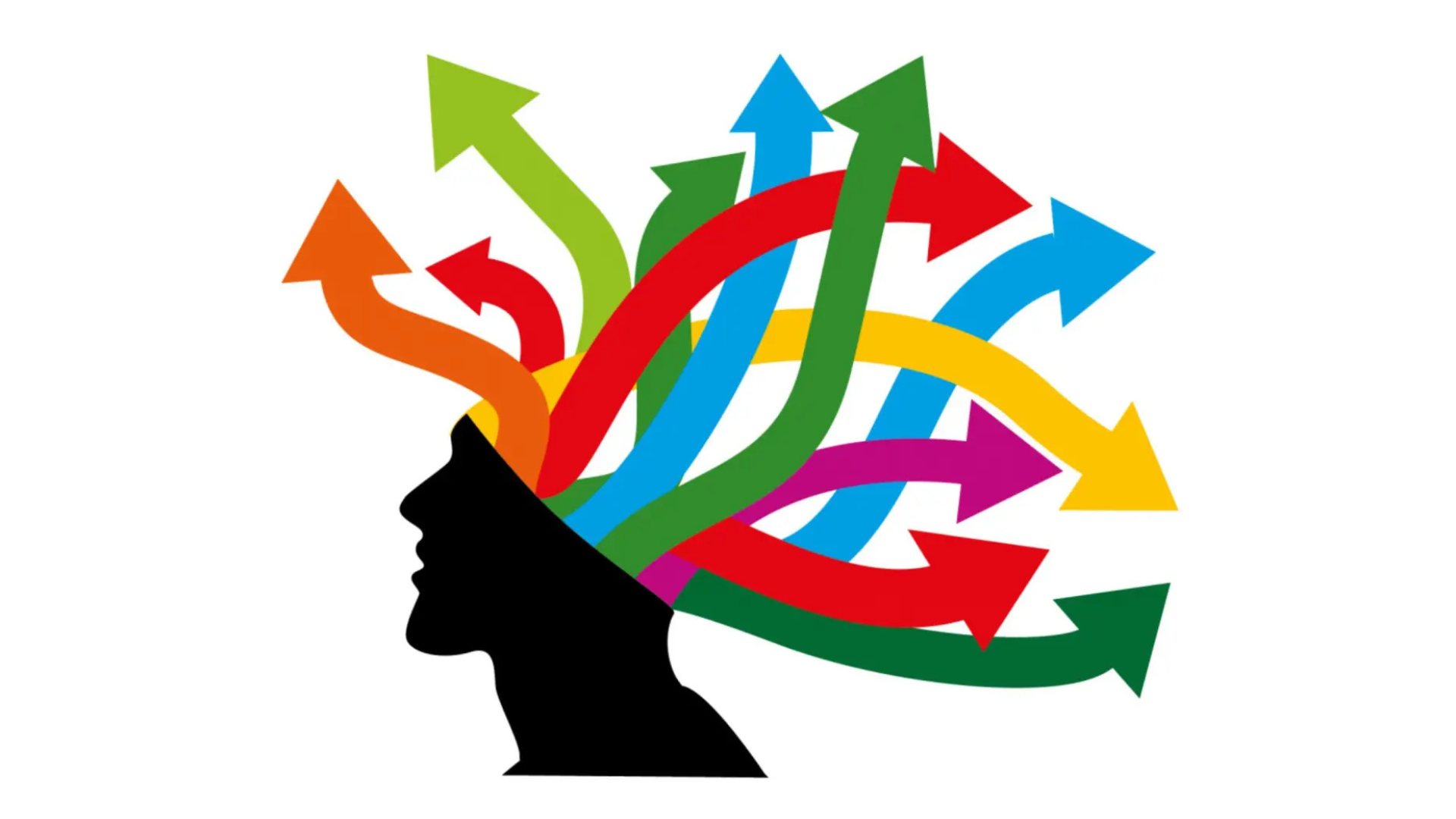Neurodiversity 101
What It Really Means and Why It Matters
The world thrives on diversity- different cultures, perspectives, and ways of thinking make society richer. Yet, when it comes to the brain, many still hold outdated beliefs that some minds are “normal” while others need to be “fixed.”
This is where neurodiversity comes in. Instead of viewing neurological differences as problems to be solved, the neurodiversity movement celebrates them as natural variations of the human brain. From autism and ADHD to dyslexia and Tourette’s syndrome, neurodivergent individuals bring unique strengths to the table.
So, what exactly is neurodiversity, why does it matter, and how can we create a society that truly embraces it?
What Is Neurodiversity?
Neurodiversity is the idea that brains are wired differently– and that’s a good thing. The term was first coined by sociologist Judy Singer in the late 1990s, who challenged the notion that neurological differences are disorders needing correction.
In simple terms: Neurodiversity means that not all brains work the same way, and that’s okay.
Neurodivergent individuals may have cognitive, sensory, or social processing differences compared to neurotypical individuals, but these differences often come with unique skills and perspectives.
Examples of Neurodivergence
Autism Spectrum Condition (ASC) – Often associated with deep focus, attention to detail, and innovative thinking.
ADHD (Attention Deficit Hyperactivity Disorder) – Linked to creativity, spontaneity, and high energy.
Dyslexia – Often comes with strong problem-solving skills, pattern recognition, and visual thinking.
Tourette’s Syndrome – Can involve heightened perception and rapid decision-making.
Neurodivergent individuals don’t need to be “fixed”- they need to be understood and supported.
Why Neurodiversity Should Be Celebrated, Not “Fixed”
For too long, society has tried to “normalise” neurodivergent individuals, expecting them to conform rather than recognising the value they bring. But research has repeatedly shown that neurodivergence can be a superpower in the right environment.
Neurodivergent People Bring Unique Strengths
A study by Harvard Business Review found that neurodivergent employees often excel in creativity, pattern recognition, and problem-solving. Companies like Microsoft, IBM, and Google have introduced neurodiverse hiring initiatives because they recognise the incredible talents of neurodivergent individuals.
Diversity Improves Innovation
Research from Deloitte shows that teams with neurodivergent members are more innovative and effective because they approach problems differently. This is why industries like technology, engineering, and the arts thrive when neurodivergence is embraced.
A More Inclusive Society Benefits Everyone
When workplaces, schools, and communities support neurodivergent people, everyone benefits. A study from Cambridge University found that inclusive environments lead to better mental well-being and higher overall productivity.
Breaking Down Myths About Neurodiversity
Despite growing awareness, myths about neurodivergence persist. Let’s set the record straight.
Myth: Neurodivergent people are less intelligent.
Truth: Intelligence is diverse-many neurodivergent people have high IQs and unique cognitive strengths.
Myth: ADHD and autism only affect children.
Truth: These conditions exist in adulthood too, but they often go undiagnosed, especially in women and people of colour.
Myth: Neurodivergent people can’t succeed in careers.
Truth: Many successful entrepreneurs, artists, and scientists are neurodivergent, including Elon Musk, Richard Branson, and Greta Thunberg.
How eQuoo Is Supporting Neurodivergent Mental Health
For neurodivergent individuals, mental health support often falls short. Traditional therapy methods don’t always align with their unique ways of thinking and processing emotions. That’s where eQuoo comes in.
What Is eQuoo?
eQuoo is a gamified mental health app designed to build emotional resilience, problem-solving skills, and relationship skills all in an interactive, engaging format.
Why eQuoo Works for Neurodivergent Minds
Gamified Learning – Many neurodivergent people learn best through interactive and visual experiences, making eQuoo’s adventure-style gameplay a great fit.
CBT-Based Techniques – Uses Cognitive Behavioural Therapy strategies to help users manage emotions and stress in a way that feels natural.
Backed by Research – Studies show that users of eQuoo see measurable improvements in mental well-being and emotional regulation.
How We Can All Support Neurodiversity
Creating a neurodiverse-friendly society isn’t just about awareness- it’s about action.
Challenge Stigma – Call out misinformation and educate others.
Support Inclusive Workplaces – Advocate for flexible work environments and neurodiverse hiring initiatives.
Encourage Strength-Based Education – Schools should focus on individual strengths, not just challenges.
Use Neurodivergent-Friendly Mental Health Tools – Apps like eQuoo help neurodivergent individuals build resilience in ways that suit them.
Neurodiversity Is the Future
Neurodiversity is not a flaw- it’s an essential part of human variation. When we embrace and celebrate different ways of thinking, we unlock innovation, creativity, and a more inclusive society.
It’s time to stop “fixing” neurodivergent people and start empowering them.
To find out more about eQuoo, get in touch using the form below to earn more about how we can support you.


